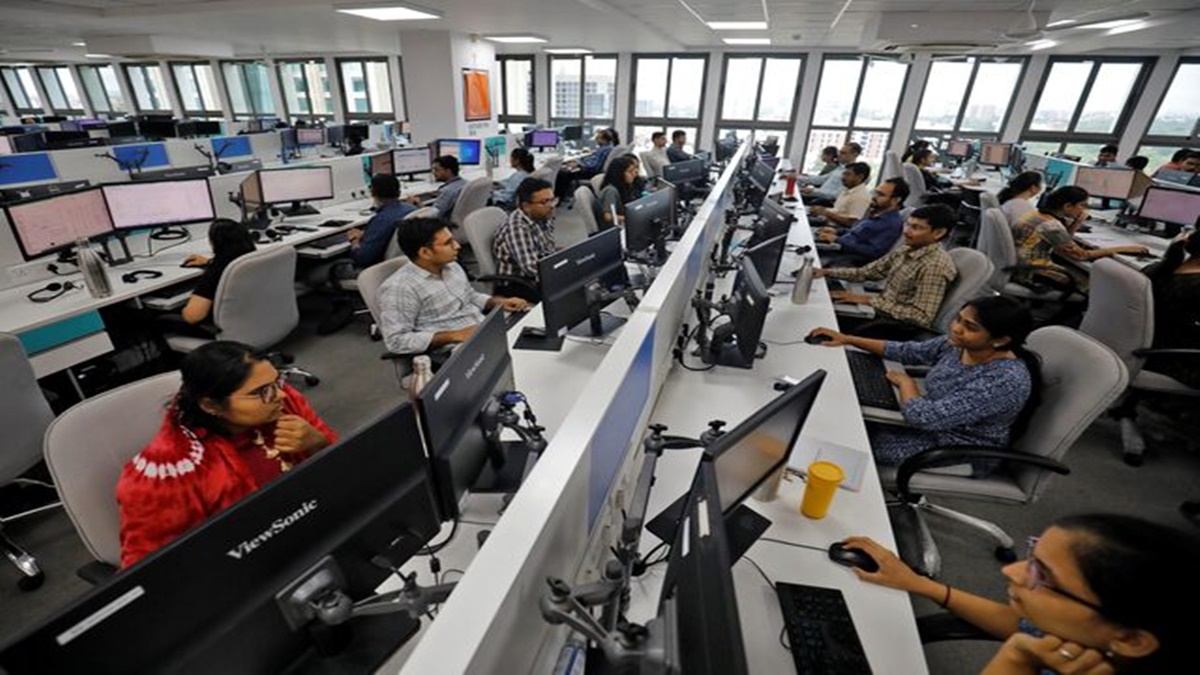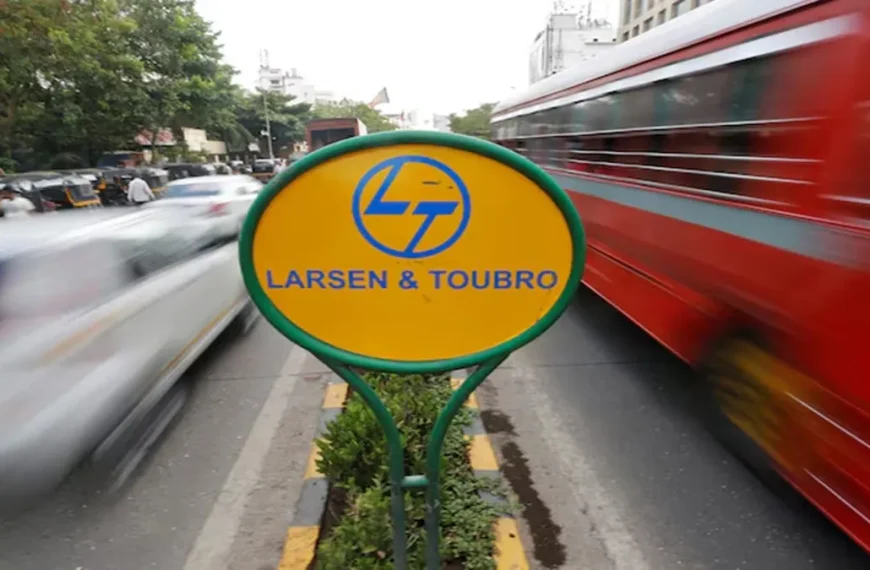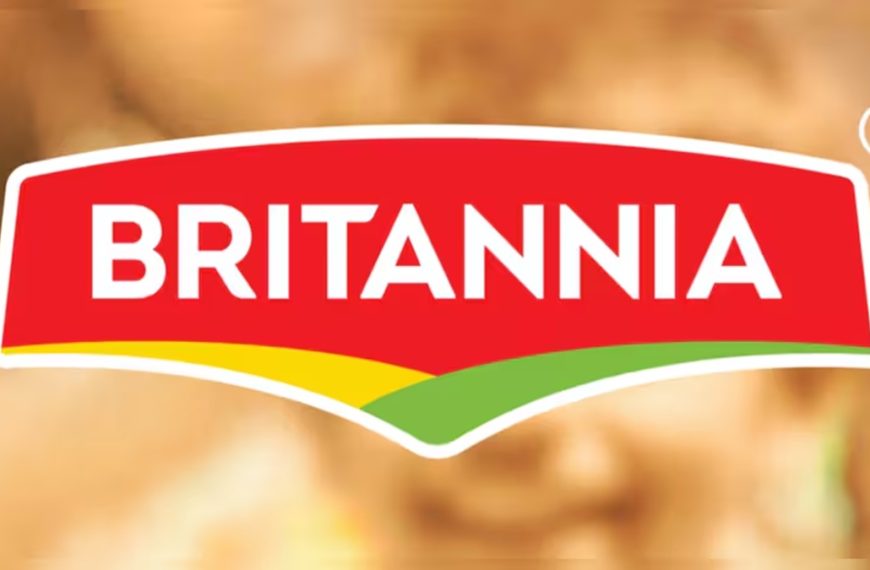The recent agreement between India and the United Kingdom to eliminate double social security contributions for Indian professionals working temporarily in the UK is set to transform the landscape for Indian businesses in the region, particularly in the IT services sector. Announced alongside a Free Trade Agreement (FTA), this landmark deal is poised to enhance the operational dynamics for Indian companies and pave the way for smoother cross-border movement of skilled professionals.
Benefits for Indian IT Professionals
With an estimated 5.4 million workers in the Indian IT sector, a significant portion derives over 25% of its revenue from European markets. The new agreement aims to simplify the process for professionals, especially those engaged in contract work. This will enable them to move more freely between India and the UK, ultimately benefiting IT firms significantly.
- Easier Mobility: The FTA streamlines the transition for IT professionals and their families.
- Expanded Opportunities: The deal covers various digital services, including engineering, telecommunications, and computer-related work.
- Support for Investors: Investors and employees transferred within companies will also find it more convenient to travel and work.
Strengthening Economic Ties
Nasscom, the prominent Indian IT industry group, emphasized that this agreement signifies a deepening of economic relationships between the two nations. “This agreement will stimulate bilateral trade in services, encourage cross-border innovation, and create high-quality job opportunities for Indian talent,” the organization stated.
Moreover, Sindhu Gangadharan, Managing Director at SAP Labs India and chairperson of Nasscom, highlighted the FTA as a crucial milestone. “This agreement will unlock new avenues for digital trade and enhance technology collaboration between India and the UK,” she remarked. Gangadharan further noted that the deal signals a shared vision of a digitally empowered future rooted in trust and technology.
Financial Implications for Indian Workers
According to the Ministry of Commerce and Industry, Indian employees in the UK on short-term work visas could save approximately 20% of their salaries due to this agreement. It is estimated that over 60,000 IT professionals will benefit from these changes.
The UK remains a vital market for Indian IT firms. For example, Tata Consultancy Services (TCS), India’s largest software exporter, generates 16-17% of its revenue from the UK, while other significant players like Infosys, HCLTech, and Wipro derive 25-30% of their earnings from European markets.
Transformative Impact on the IT Sector
DD Mishra, vice president analyst at Gartner, discussed the broader implications of this agreement: “The completion of the FTA and the double contribution convention represents a significant milestone in the strategic partnership between India and the UK. This FTA is designed to break down trade barriers, providing easier access for Indian IT companies to the UK market.” He believes this enhanced market access will attract substantial investments from UK businesses into India’s robust IT sector, fostering innovation and growth.
Mishra added that the DCC will streamline social security contributions, making it simpler for IT professionals to navigate cross-border employment. “This increased mobility will enhance the exchange of talent and expertise, driving collaborations in technology and innovation,” he explained.
Conclusion: A New Era of Collaboration
With the integration of the DCC into the India-UK FTA, Indian IT companies are expected to reap significant benefits, including cost savings, simplified compliance processes, and improved access to the UK market. This initiative strengthens the historical technology partnership between India and the UK, marking the beginning of an exciting chapter in economic synergy and technological collaboration.
In summary, the future looks promising for Indian professionals and companies eyeing opportunities in the UK, as this agreement sets the stage for growth, innovation, and a deeper partnership between the two nations.











